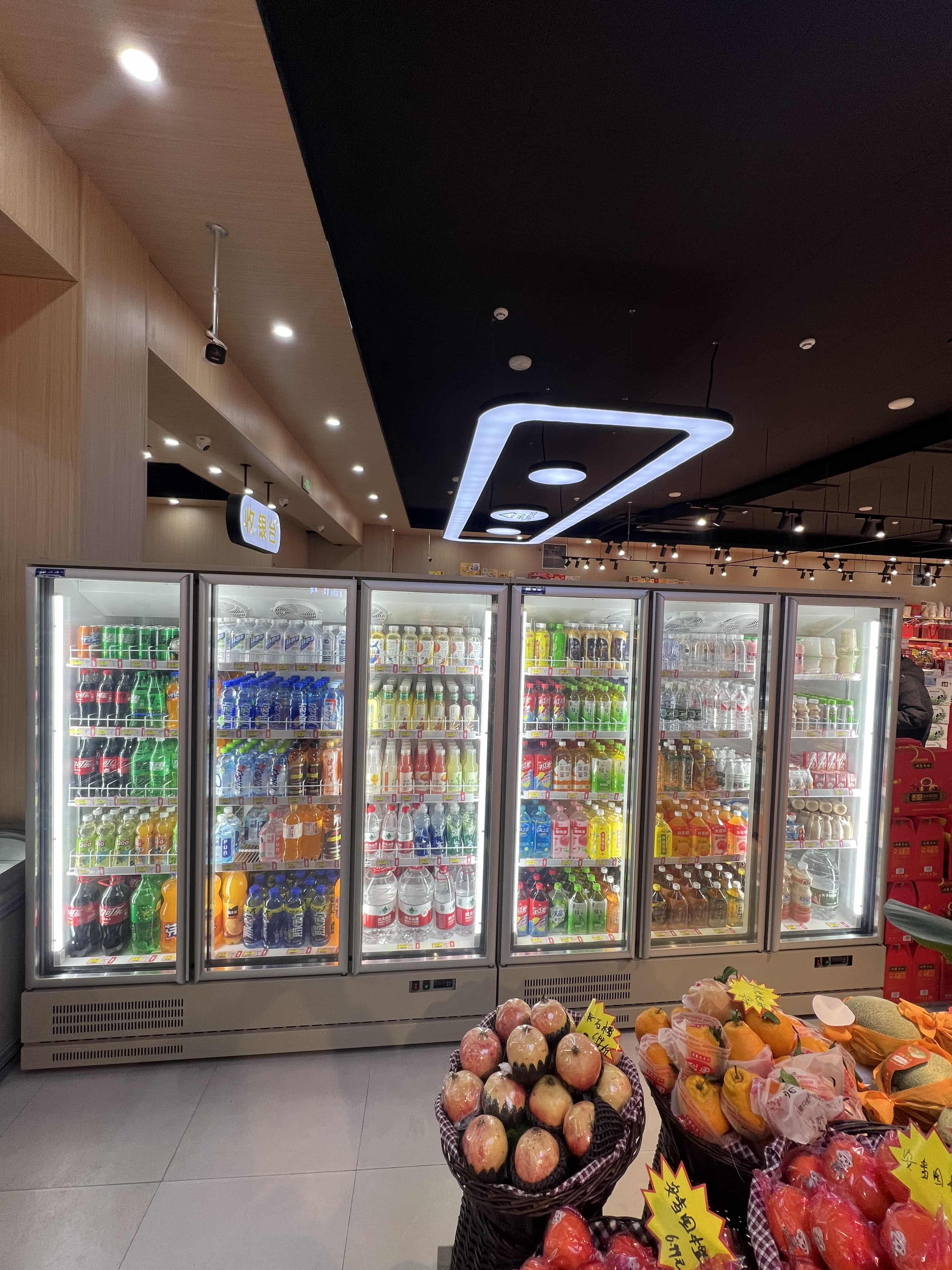In the world of B2B operations, cold chain logistics are non-negotiable for a vast number of industries. From pharmaceuticals to food and beverage, and from scientific research to floristry, the humble freezer stands as a critical piece of infrastructure. It’s more than just a box that keeps things cold; it’s a vital component that ensures product integrity, extends shelf life, and guarantees consumer safety. This article will delve into the multifaceted role of freezers in commercial settings, highlighting why choosing the right one is a strategic business decision.
Beyond Basic Storage: The Strategic Role of Commercial Freezers
Commercial-grade freezers are engineered for performance, reliability, and scale—qualities that are essential for B2B applications. Their function goes far beyond simple preservation.
- Ensuring Product Quality and Safety: For industries handling perishable goods, maintaining a consistent, low temperature is the first line of defense against spoilage and bacterial growth. A reliable freezer protects a company’s reputation and prevents costly product recalls, ensuring that goods reach the end user in perfect condition.
- Maximizing Efficiency and Workflow: High-capacity freezers with organized shelving and quick-access doors are designed to integrate seamlessly into a busy commercial workflow. They reduce retrieval times and streamline inventory management, contributing to overall operational efficiency.
- Adaptability for Specialized Needs: The commercial freezer market offers a wide range of specialized units. This includes ultra-low temperature freezers for sensitive medical and scientific samples, chest freezers for bulk storage, and display freezers for retail environments. This variety allows businesses to select a unit that perfectly matches their unique requirements.
- Energy Efficiency and Sustainability: Modern commercial freezers are designed with advanced insulation and energy-efficient compressors. Investing in a new, high-efficiency freezer can significantly lower utility costs, contributing to a company’s sustainability goals and improving its bottom line.
Choosing the Right Freezer for Your Business
Selecting a freezer is not a one-size-fits-all process. The ideal unit depends on your specific industry, product type, and operational needs. Here’s what to consider:
- Temperature Range: Determine the exact temperature your products require. A standard freezer operates at around 0°F (-18°C), but some applications, like storing vaccines or specialized chemicals, require ultra-low temperatures of -80°C or colder.
- Size and Capacity: Consider your storage volume and available floor space. A small, under-counter unit might suffice for a café, while a large walk-in freezer is essential for a restaurant or large-scale food distributor.
- Door Type and Configuration: Choose between a chest, upright, or walk-in freezer. Each has its pros and cons. Upright freezers are great for organization, while chest freezers are ideal for long-term bulk storage.
- Energy Consumption: Look for units with a high Energy Star rating. While the initial investment might be higher, the long-term savings on electricity can be substantial.
Summary
The commercial freezer is an indispensable asset for a wide range of B2B sectors. Its role extends beyond simple cold storage, acting as a crucial tool for quality control, operational efficiency, and cost management. By carefully assessing their specific needs and investing in the right freezer technology, businesses can protect their products, enhance their workflows, and secure a significant competitive advantage in the marketplace.
FAQ: Frequently Asked Questions about Commercial Freezers
Q1: What is the difference between a residential and a commercial freezer? A1: Commercial freezers are built for heavy-duty use. They have more powerful compressors, durable construction, and are designed for continuous opening and closing of doors. They also typically offer more precise temperature control and larger storage capacities than residential models.
Q2: How often should a commercial freezer be serviced? A2: Regular maintenance is key to a freezer’s longevity and efficiency. Most manufacturers recommend professional servicing at least once or twice a year, in addition to daily or weekly checks by staff for things like a clean condenser coil, clear vents, and a proper door seal.
Q3: Are commercial freezers noisy? A3: The noise level can vary greatly depending on the model, size, and location. Modern freezers are generally quieter than older models due to advanced compressor technology. However, units with powerful fans or a lot of activity will naturally generate more noise. Always check the decibel rating in the product specifications if noise is a concern.
Post time: Sep-15-2025





